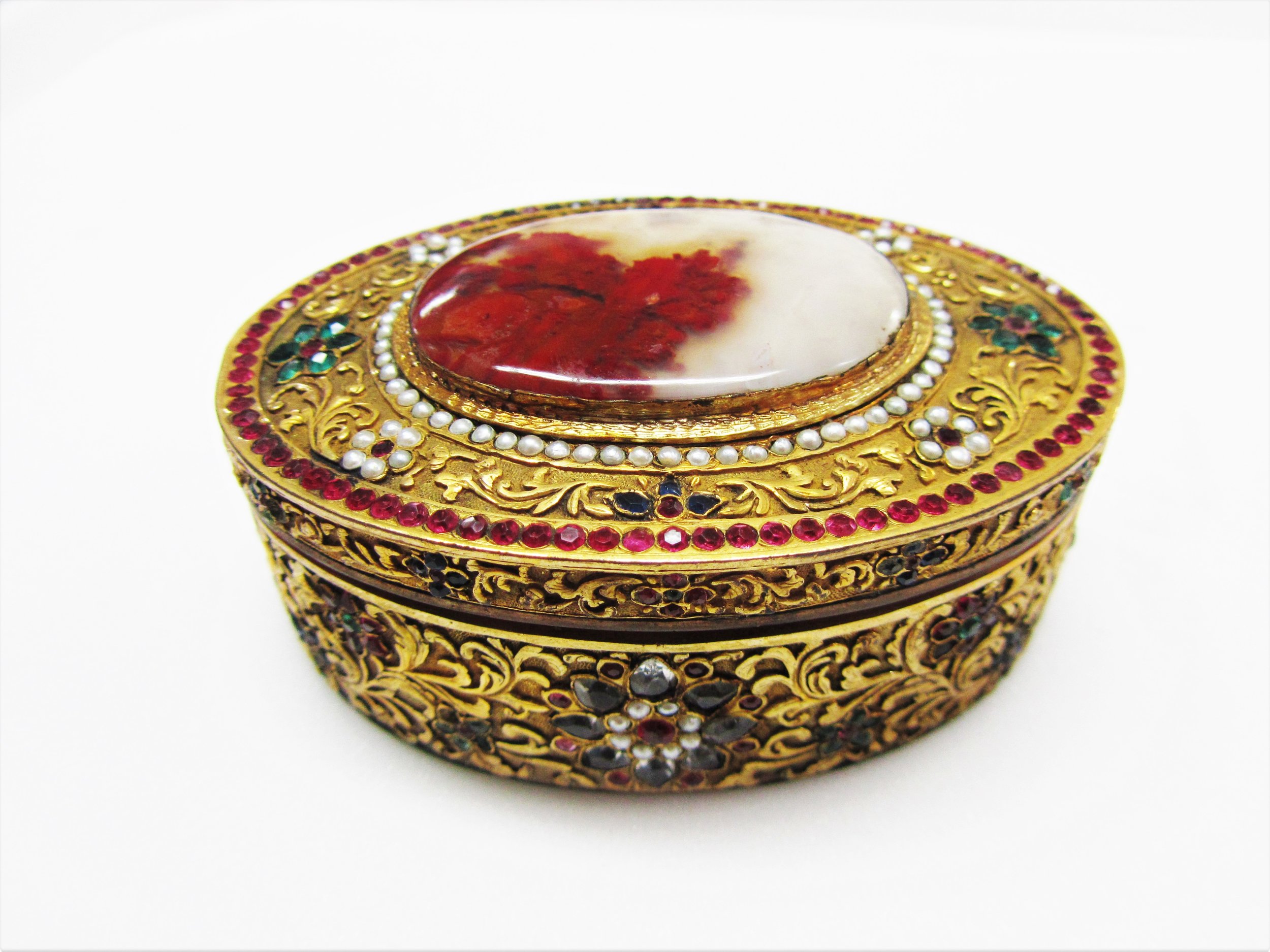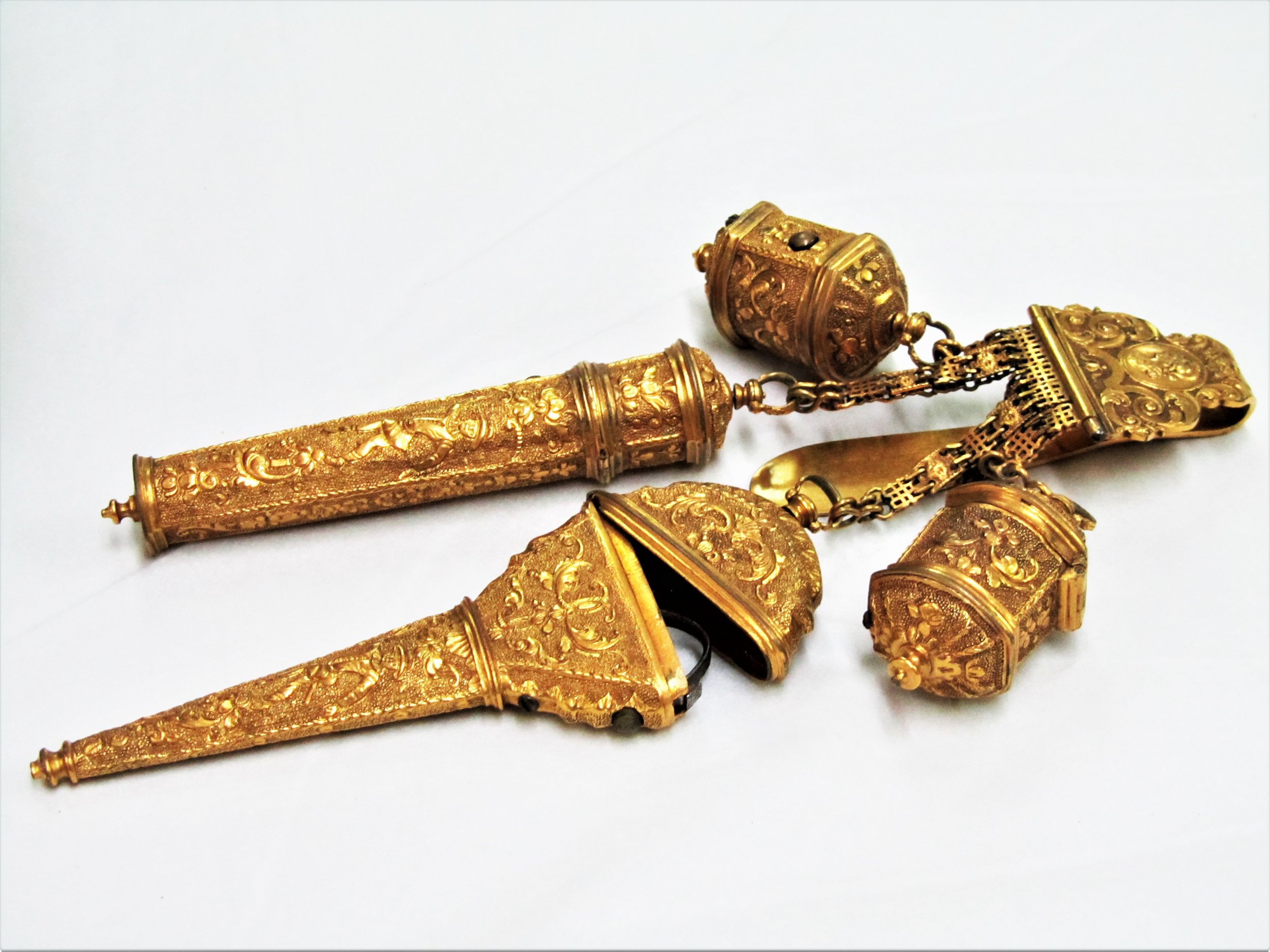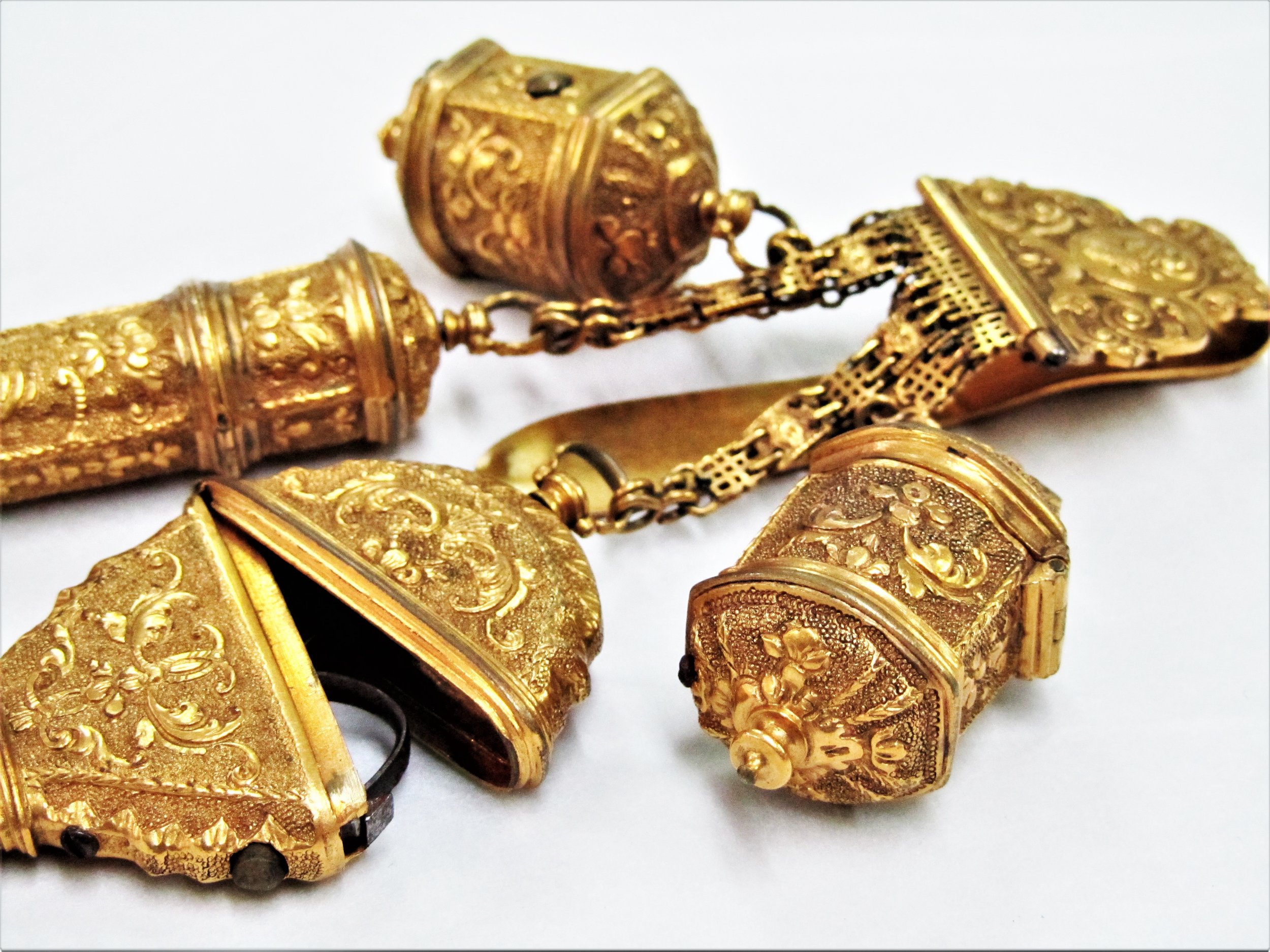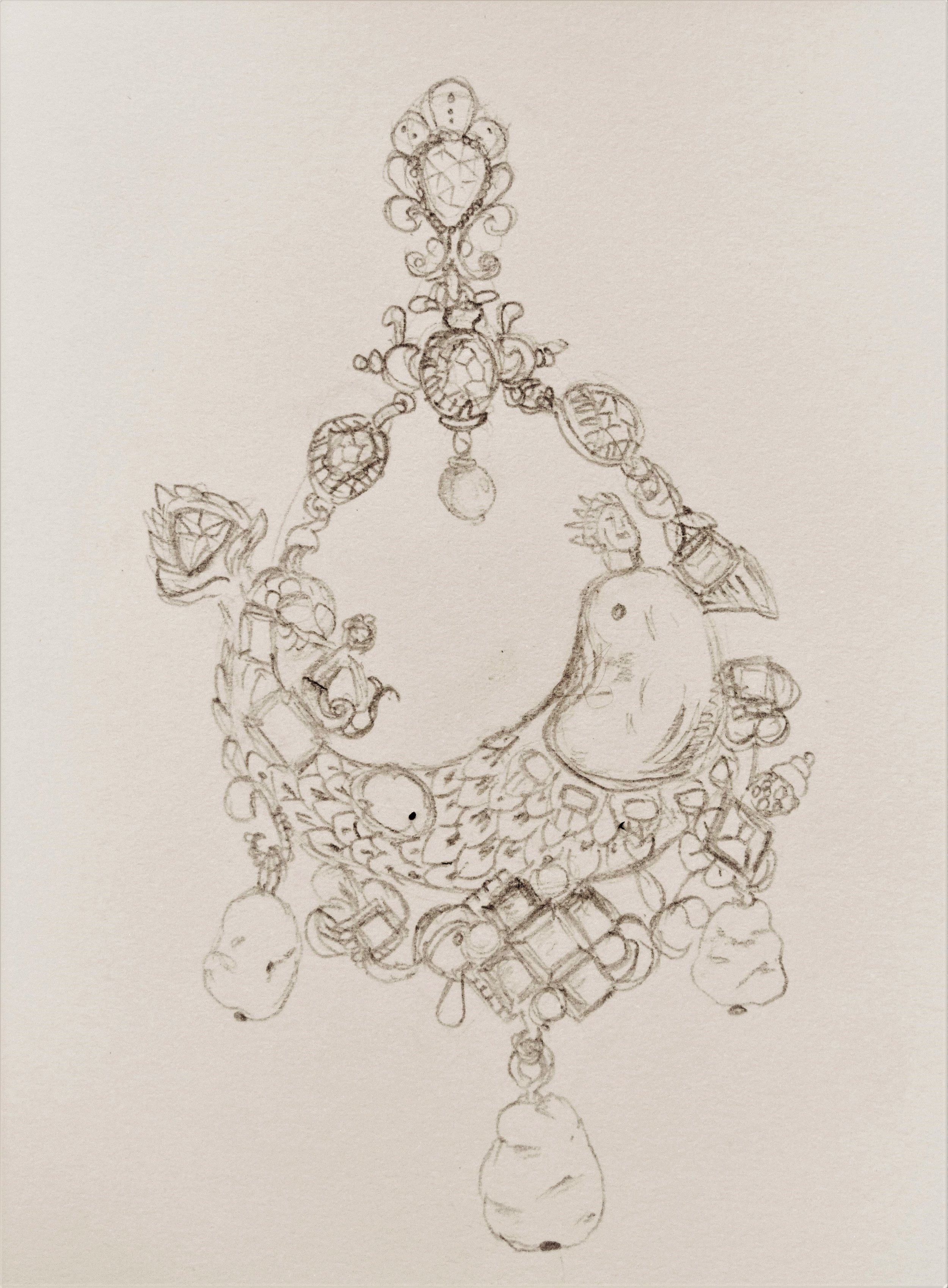My sister Julie and I recently met up at the Museum of London for a special event looking at some of the metal objects in their collections in order to draw their textures. The event was led by Charlotte Dew, organised with The Goldsmith’s Centre as an opportunity to get a closer learn about some of the techniques used in the production of these historical objects. Hosted by senior curator of medieval and post medieval collections Hazel Forsyth and curator of making Danielle Thom, we were led us into the lower levels somewhere inside the museum’s belly where so many amazing objects are sleeping peacefully, tucked away in storage.
Some of the attendees drawing the objects at the Creative Inspiration Workshop at The Museum of London.
Goldsmiths Pencils!
We were only allowed to use pencils when in the Museum store rooms to protect the precious objects and controlled surroundings from catastrophic ink smudges (very wise with messy and accident prone individuals like myself-also why I can never wear white!).
We were also asked not to take photos of the objects during the session to make sure we spent time looking at them closely whilst drawing rather than snapping away so I waited until the end to take my pics to record the day.
The group was made up mostly of jewellers/makers and metalwork teachers.
Hazel and Danielle had delved into the museum’s collections to pull out a few pieces normally kept in storage which they thought would be interesting to draw.
Snuff box set with a lovely agate stone surrounded with floral detail.
Drawing the real object rather than just photographing to record important details and understand how it was made.
One of the attendees drawing the winged creature on this metal ornament which used to be fixed onto the Mayor’s Coach.
Wiliam Morris famously said; “Have nothing in your houses that you do not know to be useful or believe to be beautiful” and this chatelain is both!
This chatelaine is a great example of the union of utility and beauty. A bit like a Swiss army knife but with actual separate objects they were worn as a combination of jewellery and functionality, attached to the belt as a display of social status with the everyday essentials of a respectable lady or gentleman close at hand.
Another attendee taking a closer look at this chatelaine at Creative Inspiration Workshop: Metal Textures
In their collection the museum has chatelaines made of solid gold embellished with gemstones and enamel but this particular example is made from pinchbeck. Pinchbeck is a special alloy of copper and zinc invented by Christopher Pinchbeck in the 18th Century to resemble gold without the cost. Solid gold chatelaines will have used labour intensive techniques like hand engraving, chasing and repousse whereas this particular version was produced more cheaply and aimed at a wider market such as a wealthy merchant rather than nobility. The elaborate pattern was probably made pressed in order to reproduce the design quicker, and in larger quantities.
Delicate floral motifs were the fashion
Thsi set contained a thimble, tweezers, scissors and a vinaigrette which would usually carry perfume soaked into a sponge inside.
What essentials would you carry on your chatelaine for daily use?
I think I would like a spyglass, tiny icecream spoon, pencil, 4160 Tuesdays perfume vial, rosy red lipbalm, and a miniature bottle of sloe gin!
This beauty as my favourite! I love how they used a the unusual shape of this baroque pearl as the inspiration for a whole scene of a merman creature dripping with jewels and bright enamel. Baroque pearls have sparked our creativity since we first discovered them, it is like cloud spotting where you can see all sorts of strange animals, objects or faces, except you can keep them forever and turn them into jewellery.
This pendant was made in the 19th Century to emulate the opulent styles of the renaissance period which was in fashion at the time.
I was first struck by the overall effect of the colours and mythical design but in looking closer to draw all the details it gave me an appreciation of the work that had gone into making it. The closer and longer I looked the more I found, this piece had been lavished with time and thought considering every angle as a feast for the eyes.
I love the scalloped detail in the settings and the pattern of the fish scales brought to life in vivid enamel. But who is is the little guy along for the ride???
19th Century pearl pendant
Sketch of pendant detail
Here’s my sketch, it had been a while since I’ve done much drawing apart from very quick sketches to jot down ideas, but I’ve recently gotten back into it as a peaceful activity away from electronic devices. I’m looking forward to spending a rainy afternoon colouring it in with my new set of watercolour pencils!
To find more events like these head to The Goldsmith’s Centre and their What’s On section.
Drawing with my new favourite Goldsmith’s Centre pencil!














